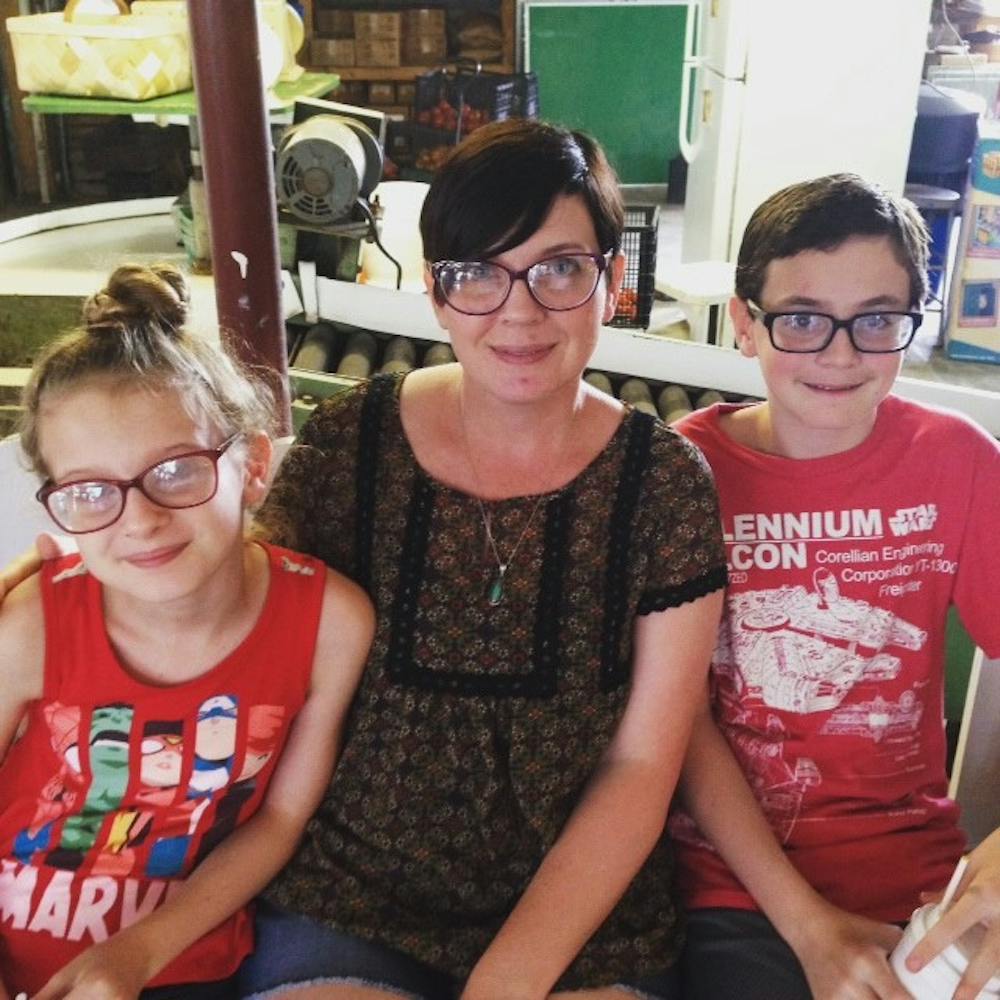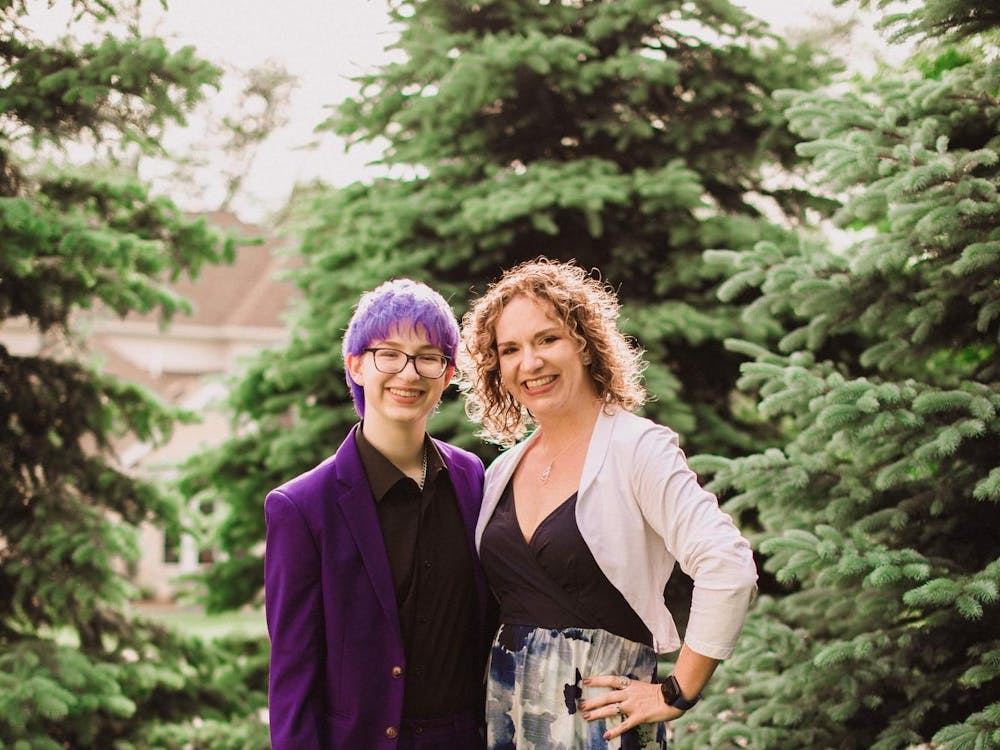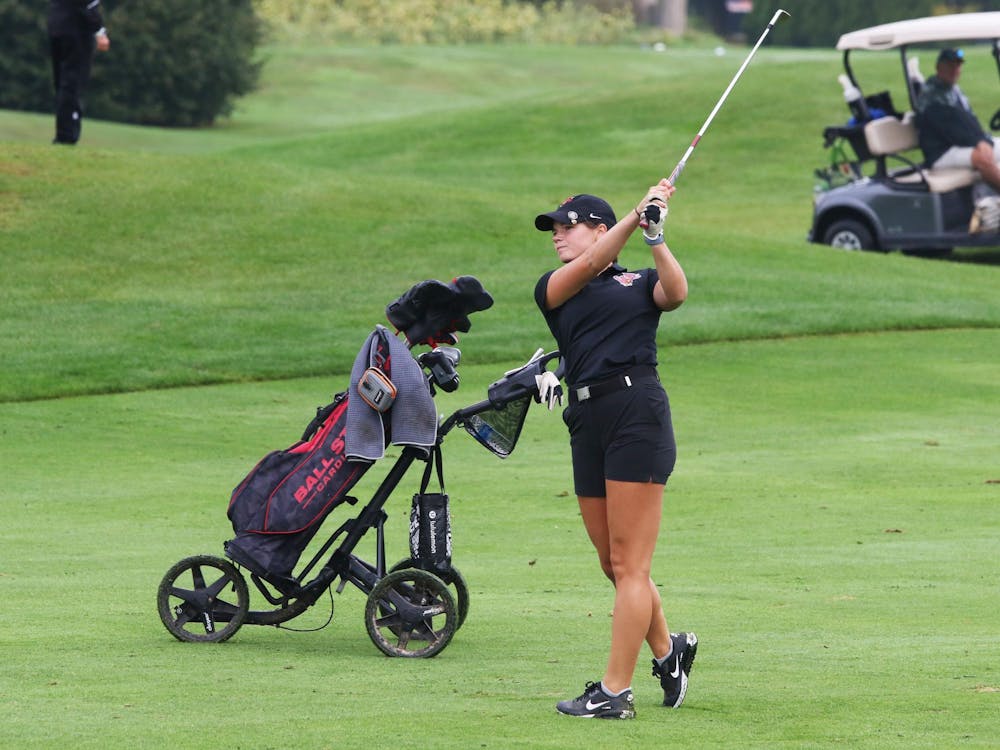Now more than ever, companies are looking to employ people who have a college degree, but just as the demand for the degree is high, so is the percentage of adults who go to college and don't finish.
There are 37 million Americans with some college credits but no college degree — more than 20 percent of the working-age population, according to American RadioWorks. In an economy that increasingly demands workers with knowleDge and skills, many college dropouts are being left behind. Over 750,000 Indiana adults have some college but no degree finish.
With $7.5 million in state grants available for adult students, the Indiana Commission for Higher Education (ICHE) is reaching out to Hoosiers through the statewide campaign "You Can. Go Back."
The initiative, which was launched in early February, is part of a statewide effort to increase the percentage of Hoosiers with education beyond high school to 60 percent by 2025.
ICHE is working to eliminate barriers for returning adults by connecting students with colleges that offer special programs and incentives — including flexible class schedules and online courses, college credit for work and military experience, grade- and debt-forgiveness programs — as well as scholarships, tuition discounts and $1,000 in state grants for qualifying students, according to learnmoreindiana.org.
“This is a very exciting campaign and we are very hopeful about it,” said the Commissioner for Higher Education, Teresa Lubbers. “When we look at a goal for Indiana, we are trying to say that 60 percent of our adults have some sort of quality, career credential out of high school. We are at 41 percent right now.”
The Indiana Commission for Higher Education has coordinated with state and private non-profit institutions to identify and promote available programs and incentives.
Ball State is one of the schools that provides help to students through grade forgiveness, academic credit for work and military exercise, online programs and easy credit transfer from other universities.
The early numbers in terms of interest in the campaign have been significantly high.
“This is our attempt with both financial incentives, partnerships with colleges and universities … working with employers to do tuition reimbursement and upfront forgiveness,” Lubbers said. “I think we are tackling this from all levels hoping that this will help people who want to go back say, ‘this is the right time for me to do this.’”
Heather Dull, a junior accounting major, told herself that two separate times as a non-traditional student.
Right after high school, Dull took a few years off to work and later went back to school — until she found out she was pregnant.
“I attended Ivy Tech for a few semesters before I found out I was expecting my son,” she said. “I had some complications that kept me on bed rest, so I decided to stop going to school. I had every intention of going back, but a couple years later, my daughter was born. Also, I had a good job at the time so I decided to put my education on hold.”
Dull said the longer she waited, the harder it was to go back, but “there is always a reason not to.”
Two years ago, her husband lost his job, and because they were working for the same company they both decided to change paths.
“We decided that we would both go back to school,” Dull said. “We wanted to finish before our kids started. Now was the time! I felt good about going back. I was nervous about being older than all of my classmates, but I couldn’t really let that be an excuse not to earn my degree.”
Being a mother and a full time student can be rough, though.
“There are days when I feel like I’m spread very thin. My kids are in middle school so there is always a practice, a meet, an appointment or something going on,” Dull said. “My time management skills have improved over the last year, for sure. The only way I can be successful is to stick to my schedule and to try to study in-between the other things I have to do ... I’m really lucky that my kids are so helpful and supportive.”
Though Dull is not part of the "You Can. Go Back." initiative and is going to school with the help of grants and loans, she believes these programs could be a driving force for adults on the fence about going back to school.
“I definitely feel that an initiative like this could help people who are thinking about going back,” Dull said. “A program that offers to guide adult students and fosters community support for adults finishing their education could have enormous benefits. People may want to go back, but they don’t know where to start, so this could be helpful.”
Even though it can be difficult, Dull believes going back and getting the degree is worth it.
“I think learning more is always worth the effort. Also, it’s never too late to switch gears and find something you love, or to build on skills you acquired during the years you spent working like I did,” Dull said. “My great-grandmother was forced to drop out of school at the age of 14 because her father didn’t think girls needed to be educated. She actually went back and earned her high school diploma when she was 85 years old. If she can do that, what excuse do I have for not finishing my degree?”





